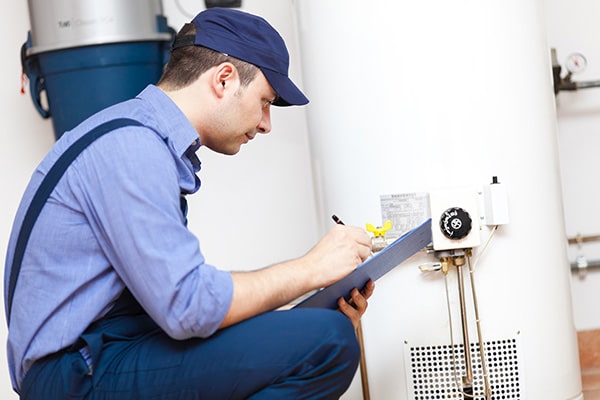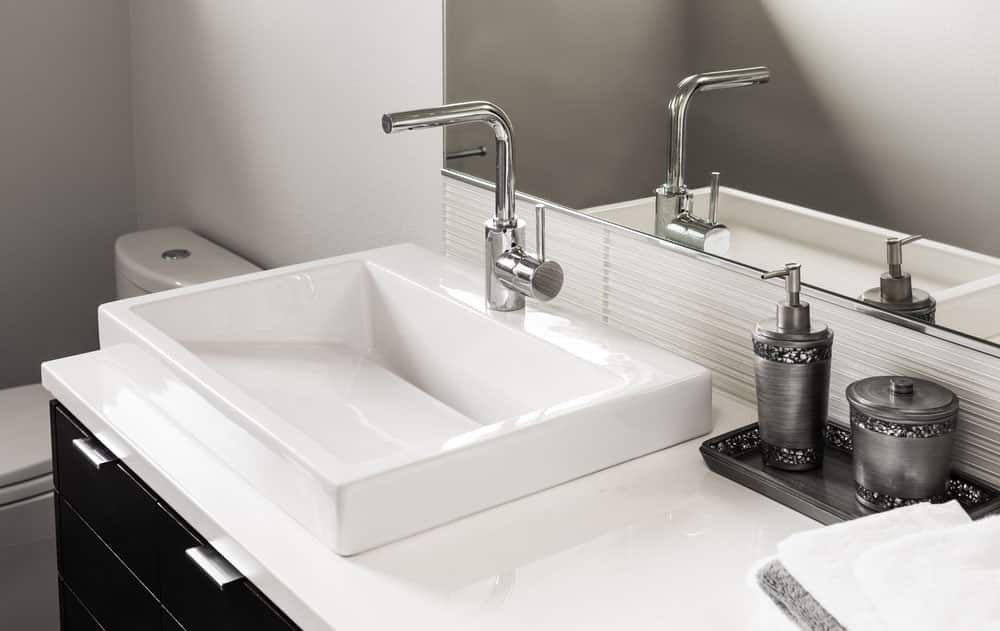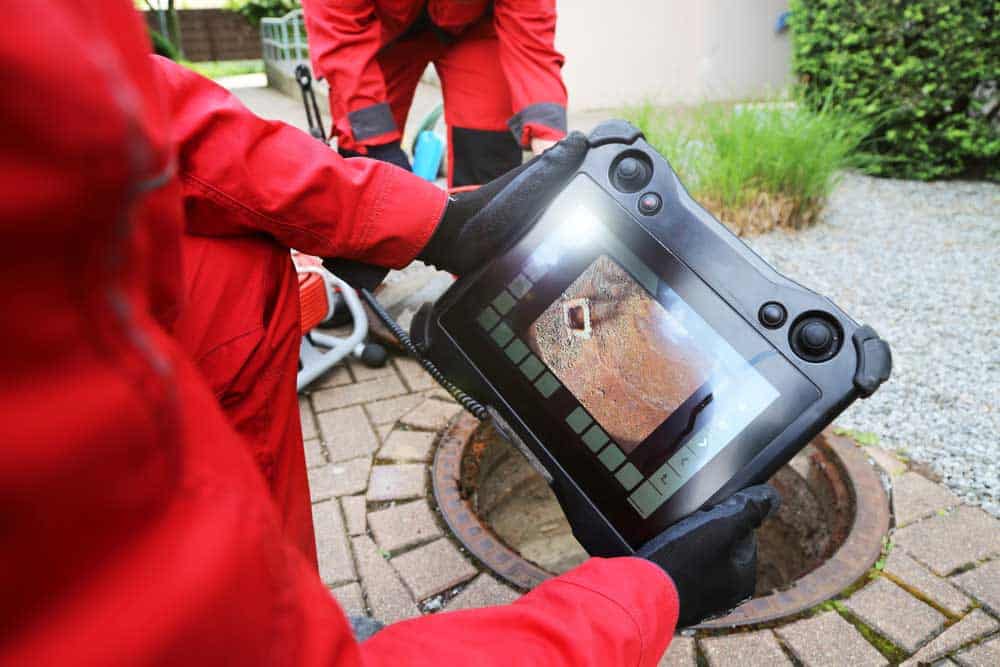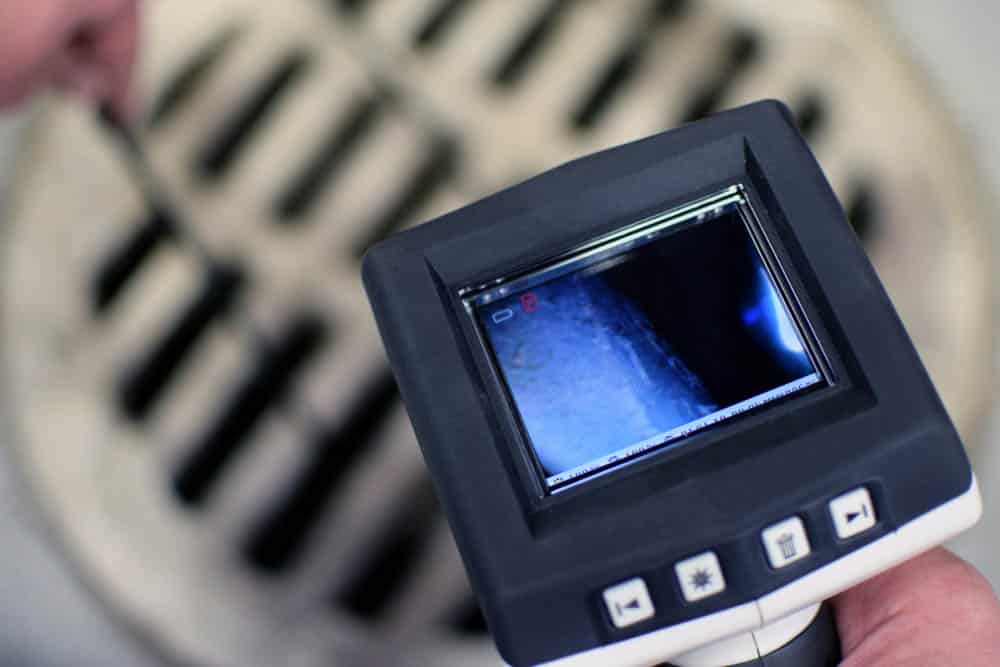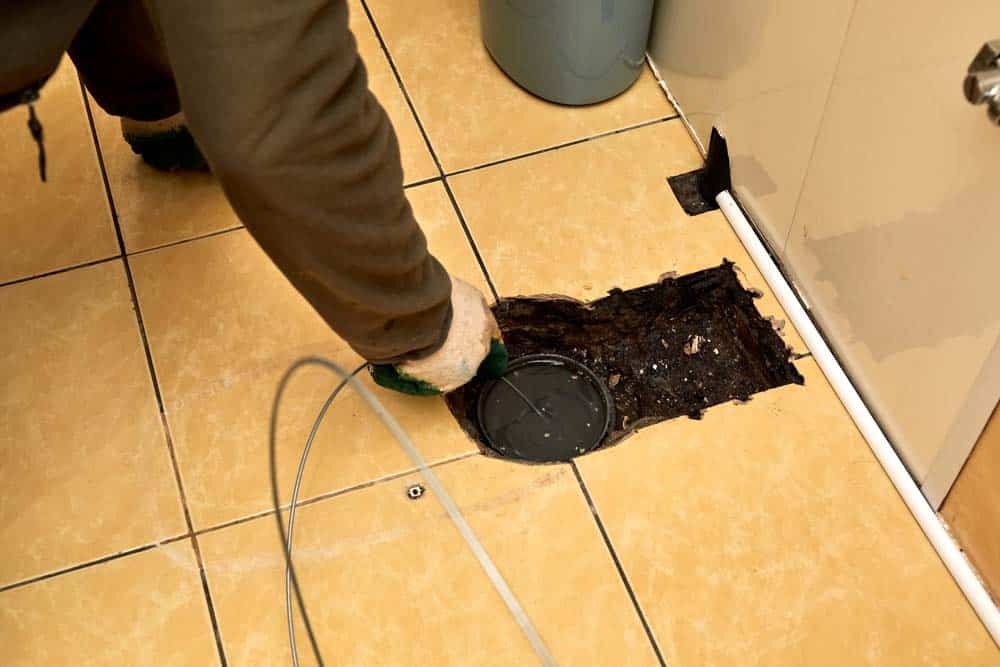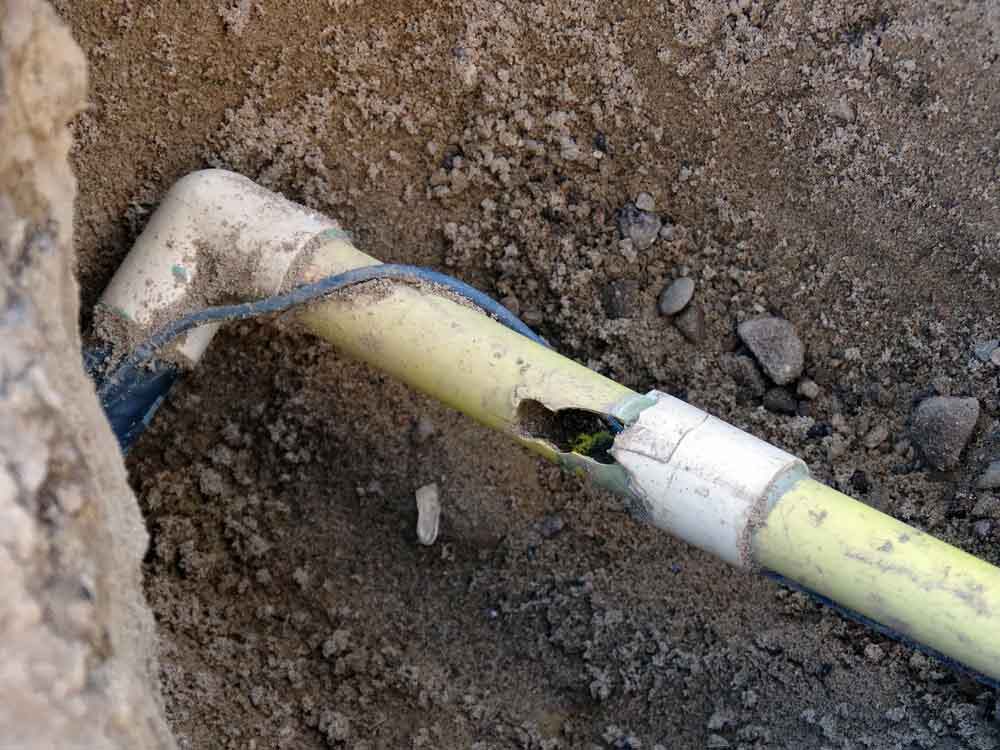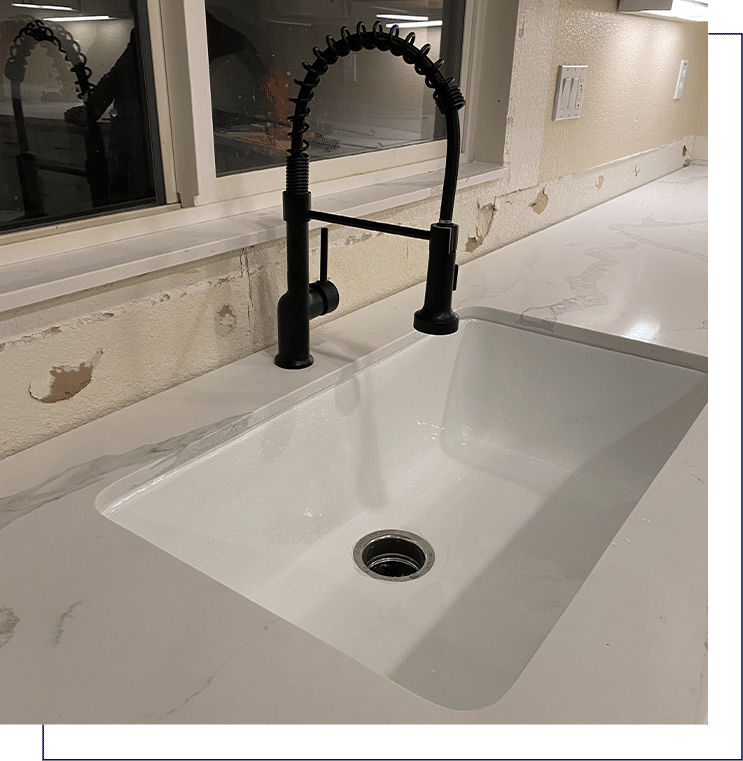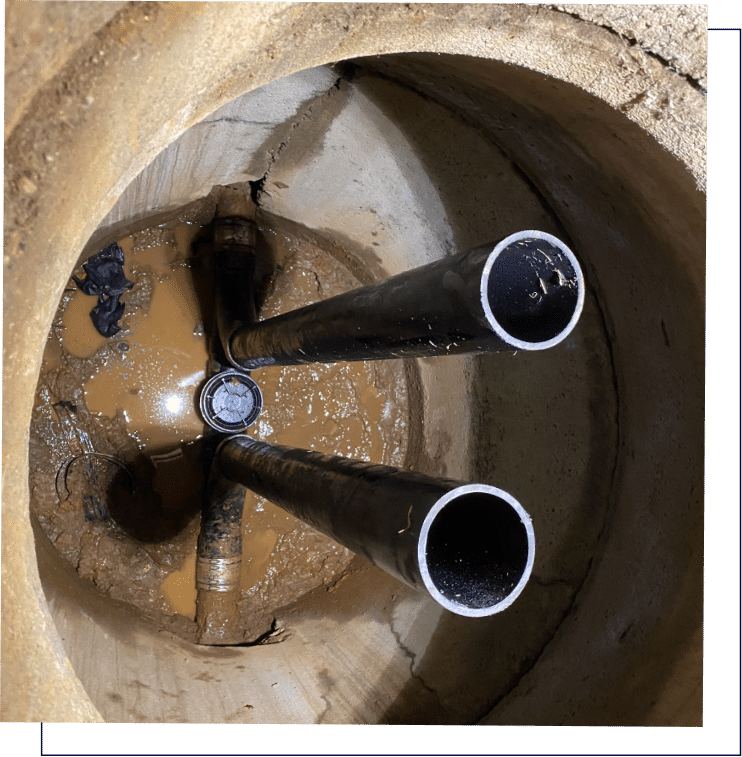Hot water is a necessity in our daily lives, whether it’s for a relaxing shower or washing dishes. But what happens when your water heater stops working or starts malfunctioning? It can be frustrating and inconvenient, but don’t worry, you’re not alone. Water heater issues are common and can be easily resolved with a little troubleshooting. In this article, we’ll be discussing some of the most common water heater problems and how to fix them. From pilot light issues to sediment buildup, we’ll cover it all. So if you’re tired of cold showers and want to get your water heater back up and running, keep reading. With our expert tips and guidance, you’ll be able to troubleshoot and fix your water heater in no time.
Common Water Heater Problems
No Hot Water
One of the most common water heater problems is having no hot water. If you turn on the hot water tap and nothing comes out, there may be a problem with your water heater. There are a few things you can check to troubleshoot this issue. First, make sure that the pilot light is lit. If it’s not, you may need to relight it. If the pilot light is lit, check the thermostat. Make sure that it’s set to the correct temperature and that it’s working properly. If the thermostat is working correctly, the heating element may be faulty and need to be replaced.
Inadequate Hot Water
If you’re not getting enough hot water, there may be a problem with the size of your water heater or the temperature setting. First, check the size of your water heater. If it’s too small for your household’s needs, you may need to upgrade to a larger one. If the size is appropriate, check the temperature setting. The ideal temperature for a hot water heater is 120 degrees Fahrenheit. If the temperature is set too low, you may not be getting enough hot water. If it’s set too high, it can be dangerous and cause scalding.
Water is Too Hot
On the other hand, if the water is too hot, it can also be dangerous and cause scalding. If the thermostat is set too high, you may need to adjust it. The ideal temperature for a hot water heater is 120 degrees Fahrenheit. If you have an older water heater, it may not have a temperature gauge, and you’ll need to use a thermometer to check the temperature. If you’re not comfortable adjusting the temperature yourself, call a professional.
Strange Noises
If you hear strange noises coming from your water heater, such as popping or banging sounds, it may be an indication of sediment buildup. Over time, minerals and sediment can accumulate in the tank, causing it to make noises. To fix this issue, you’ll need to drain and flush the tank. This should be done once a year to prevent sediment buildup.
Leaking Water Heater
A leaking water heater can be a serious problem, as it can cause water damage to your home. If you notice water around your water heater, it may be leaking. There are a few things you can do to troubleshoot this issue. First, check the pressure relief valve. If it’s leaking, it may need to be replaced. If the valve is not the issue, check the tank for cracks or leaks. If you find any, you’ll need to replace the water heater.
Pilot Light Won’t Stay Lit
If the pilot light won’t stay lit, it may be due to a faulty thermocouple. The thermocouple is a safety device that detects whether the pilot light is lit. If it’s not working properly, it will shut off the gas supply to the pilot light. To fix this issue, you’ll need to replace the thermocouple.
Diagnosing and Troubleshooting Water Heater Issues
Before you start troubleshooting your water heater, it’s important to turn off the power or gas supply to the unit. If you have an electric water heater, turn off the power at the circuit breaker. If you have a gas water heater, turn off the gas supply. Once the power is off, you can start diagnosing and troubleshooting the issue.
The first step is to identify the problem. Use the list of common water heater problems above to help you determine what’s wrong. Once you’ve identified the problem, you can start troubleshooting it. Refer to the list of solutions for each problem to help you fix the issue.
If you’re not comfortable troubleshooting your water heater yourself, call a professional. A qualified plumber or HVAC technician can diagnose and fix the problem for you.
Water Heater Maintenance Tips
To prevent water heater issues from occurring, it’s important to perform regular maintenance on your unit. Here are some tips to help you maintain your water heater:
- Drain and flush the tank once a year to prevent sediment buildup.
- Inspect the pressure relief valve annually to make sure it’s working properly.
- Test the temperature and pressure relief valve every six months.
- Insulate the hot water pipes to prevent heat loss.
- Set the thermostat to 120 degrees Fahrenheit for optimal performance.
By following these maintenance tips, you can extend the life of your water heater and prevent issues from occurring.
When to Call a Professional
If you’re not comfortable troubleshooting your water heater yourself, or if you’re unable to fix the issue, it’s time to call a professional. A qualified plumber or HVAC technician can diagnose and fix the problem for you. Additionally, if your water heater is over 10 years old, it may be time to replace it. A professional can help you determine whether it’s more cost-effective to repair or replace your water heater.
Conclusion
Water heater issues can be frustrating, but with the right knowledge and tools, they can be easily resolved. By troubleshooting common water heater problems and performing regular maintenance on your unit, you can extend its life and prevent issues from occurring. Remember to always turn off the power or gas supply before diagnosing and troubleshooting your water heater. And if you’re not comfortable fixing the issue yourself, call a professional. With these tips and guidance, you’ll be able to get your water heater back up and running in no time.



